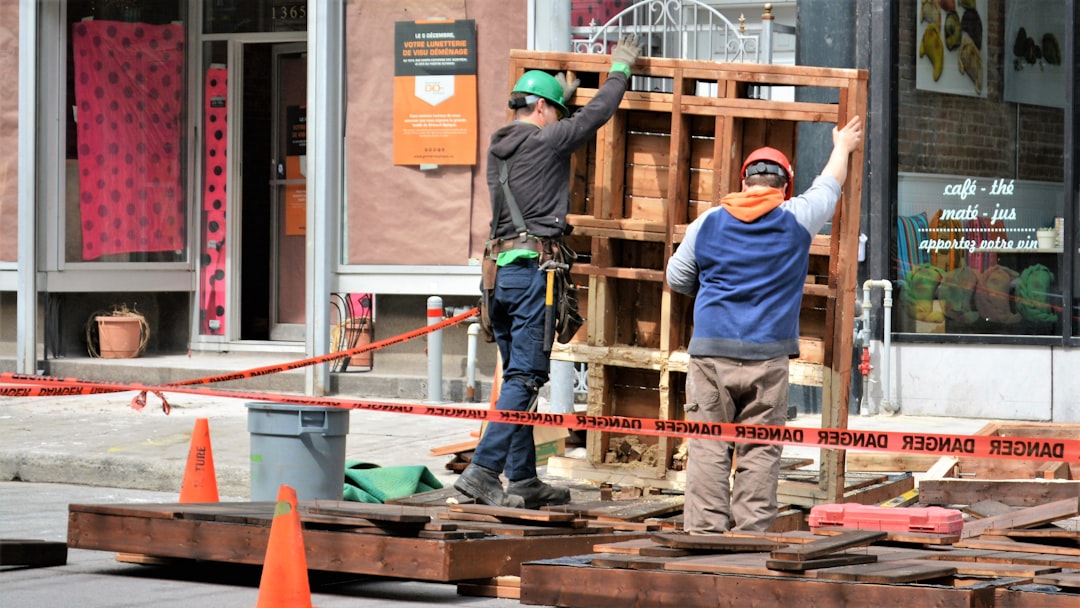Cost for Closet Organizers | CountBricks Experts
Price source: Costs shown are derived from our proprietary U.S. construction cost database (updated continuously from contractor/bid/pricing inputs and normalization rules).
Eva Steinmetzer-Shaw
Head of Marketing
The Real Cost for Closet Organizers in Residential Projects
For construction professionals, understanding the cost of closet organizers is crucial for accurate project budgeting. Professionally installed closet systems typically range from $1,100–$3,800 for reach-in closets and $3,500–$9,500 for walk-ins. These costs include design, materials, fabrication, delivery, demolition, installation, and finishing. CountBricks provides real-time estimates using live material and labor rates, ensuring up-to-date pricing.
Key Cost Drivers
- Materials: Options like melamine, plywood, MDF, and solid hardwood vary in cost and finishing requirements.
- Hardware & Accessories: Features like soft-close slides and pull-out hampers add convenience and cost.
- Layout Complexity: Custom designs with corners or sloped ceilings increase fabrication time.
- Existing Conditions: Demolition or wall repairs can increase labor hours.
- Finish Level: Choices between painted, laminated, or veneer finishes affect costs.
CountBricks AI Estimating Advantage
Voice-to-Estimate Workflow:
- Input measurements and features via mobile device for real-time capture.
- AI cross-references materials and local labor rates.
- Receive a detailed estimate and schedule snapshot instantly.
This process eliminates manual data entry and highlights cost-saving alternatives.
Cost Comparison: DIY vs. Professional Install
- DIY Kits: Average $400–$800, requiring additional labor and materials.
- Professional Installs: Average $1,100–$3,800, offering precise fits and warranties.
Professional installations often provide better long-term value by avoiding rework and tool rental costs.
Hidden Costs to Watch For
- Floor Reinforcement: Necessary for heavy wardrobes in older homes.
- Paint & Patch: Removing old supports may require touch-ups.
- Premium Lead Times: Specialty materials may extend timelines.
How CountBricks Controls Budget Creep
Real-Time Material Pricing: Daily updates ensure estimates reflect current market conditions.
Blueprint Takeoffs: Upload plans to receive an instant parts list and cost analysis.
Change-Order Tracking: Real-time pricing for mid-project changes prevents surprises.
Choosing the Right Material for Your Budget
- Thermofoil MDF: Economical and smooth, ideal for reach-ins.
- Melamine-coated Particle Board: Durable with a wide color range.
- Birch Plywood: Strong and aesthetically pleasing.
- Solid Hardwood: Premium look and durability.
Pro Tips to Reduce Costs
- Opt for open cubbies instead of drawers.
- Use standard 24-inch modules to minimize custom cuts.
- Install LED strips selectively.
- Standardize shelf increments to reduce hardware variety.
- Schedule installations during off-peak seasons for lower rates.
CountBricks Installation Timeline
- Virtual consultation and AI estimate: 15 minutes.
- On-site laser verification: 1 hour.
- Fabrication: 5-10 business days.
- Installation: 1-2 days per closet.
- Quality walkthrough: 30 minutes.
Financing and Payment Plans
CountBricks offers zero-interest plans up to 12 months. Estimates display monthly payment options automatically.
See Real Numbers in Action
Visit CountBricks.com to explore recent projects with full cost breakdowns and photos.
Getting Started
Ready to determine the cost for closet organizers? Start a voice consultation or upload dimensions to CountBricks.com for a detailed estimate.
Case Study: Cutting 18% Off a Walk-In Closet Budget
The Rivera family faced a $10,400 bid for their walk-in closet, exceeding their $8,500 budget. Using CountBricks' AI, we identified savings opportunities.
Where We Found the Savings
- Module Widths: Standardizing panel widths reduced waste by 9%.
- Hardware Mix: Adjusting slide types saved $420.
- Material Strategy: Using birch plywood and melamine saved $730.
Outcome
The final cost was $8,530, 18% below the initial bid. Installation was completed in two days.
Lessons for Future Projects
- Early AI reviews expose design redundancies.
- Strategic material use maintains appearance while reducing costs.
- Transparent pricing empowers informed decisions.
Next Steps
Upload your plan to CountBricks.com for a free budget analysis and take control of your project costs.

